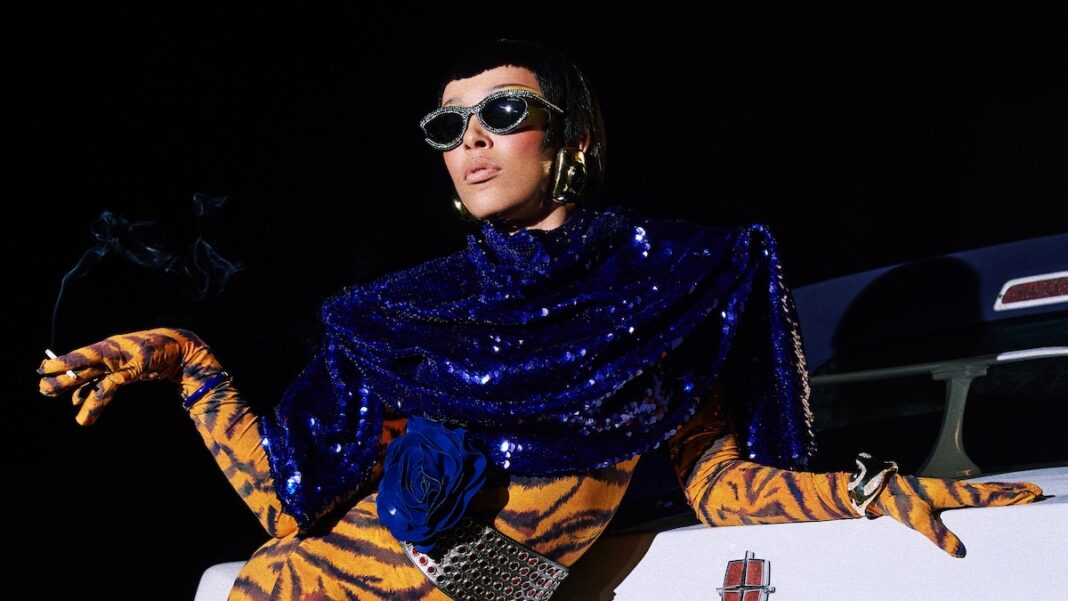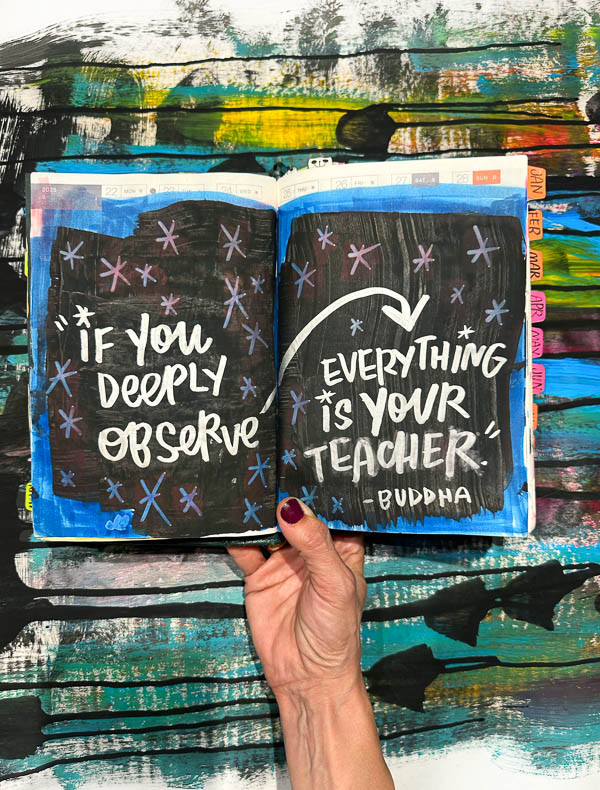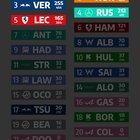If everything means nothing to Doja Cat, what actually matters? Fans, stans, and casual listeners are now just as familiar with the pop/rap star’s chaotic provocations as they are with her music. In May 2023, she dismissed her breakthrough albums, unprovoked: “Planet Her and Hot Pink were cash-grabs and y’all fell for it,” she wrote. “Now I can go disappear somewhere and touch grass with my loved ones on an island while y’all weep for mediocre pop.” Months later, she brushed off her hard-edged 2023 hip-hop album Scarlet with equal irreverence: “Not to diminish it, but it was a bit of like, I just need to get this out — it was a massive fart for me,” Doja told the New York Times earlier this month.
Doja Cat’s talent has never been a question, but rather how she chooses to engage with it. She has historically been deeply unserious in her assessments of her own work — but with Vie, it’s clear that she’s seeking to understand herself a bit more broadly this time around. “Jealous Type,” the album’s New Jack Swing-inflected lead single, indirectly illustrates the conflict of Doja as an eager artist who feels both overexposed and misunderstood: “Boy, let me know if this is careless, I/ Could be torn between two roads that I just can’t decide/ Which one is leading me to hell or paradise?”
Duality has always made Doja Cat a more compelling artist, and Vie proves she thrives when she’s embodying every version of herself. Instead of committing to one lane, she treats the album as an experiment in blending eras and styles. She stands under the neon haze of the ’80s, fusing sleazy synths with the glossy pulse of R&B of the era and the grandiosity of glam rock. Vie also doesn’t forget that rapping is still in her arsenal — even if used sparingly.
Related Video
After spending the last album cycle hyper-focused on hip-hop, Doja returns here to the comparably softer space of pop — but she doesn’t abandon the grit she picked up along the way. She finally seems less concerned with choosing between her creative instincts and more comfortable letting them co-exist, treating her full range of talents as equally valid tools rather regarding one or another like an affliction she needs to shake off.
On the opening track, “Cards,” saxophone bleeds through the left speaker before evening out and expanding to a soundscape that would be fit for electro-funk band Zapp & Roger. Doja Cat slinks and prowls as she vacillates between singing and rapping, setting the thematic tone of the album: “Maybe in time, we’ll know/ Maybe I’ll fall in love, baby/ Maybe we’ll win some hearts/ Gotta just play your cards.”
It’s a generic mission on its surface — deconstructing and rebuilding love in all its iterations — but it’s direct in its simplicity, which has often powered the best pop of the past and present. Which makes sense, as Jack Antonoff, the purveyor of dominant, era-crossing pop, has his fingerprints all over a Doja Cat album for the first time, producing on nine of the 15 total tracks.
In addition to “Jealous Type,” Antonoff’s contributions sparkle most on “AAAHH MEN!” Sampling the theme from the 1980s program Knight Rider, the song inserts itself into the lineage of hip-hop songs that have lifted the memorable synth, joining the ranks of Timbaland & Magoo’s “Clock Strikes” and Busta Rhymes’ “Turn It Up (Remix) / Fire It Up.” As averse as she seems to the pure “rapper” label, Doja can spit her ass off, and she demonstrates that most clearly here: “Men need to cry more, boys need to work/ But not when he beg his employee to flirt/ Ain’t nobody finna force me to twerk/ When you’re finished with your goon sesh, join me in church.”





